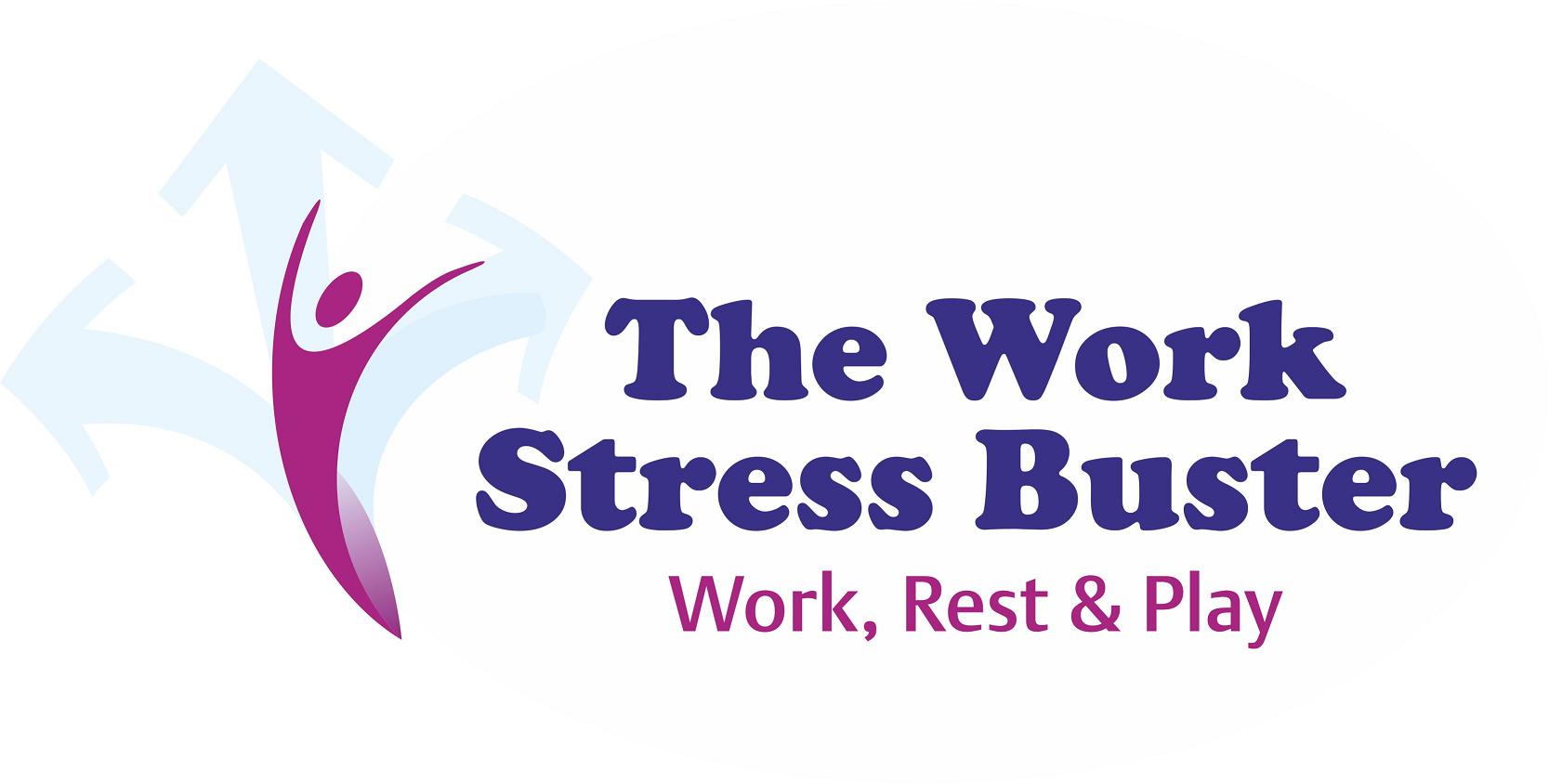What does ‘resilience’ mean for Occupational Therapists (OTs) in the modern workplace?
In 2014, with a group of Occupational Therapists (OTs), I designed and circulated a survey in order to gain a range of qualitative experiences on this topic which could be used to inform a drama performance I was commissioning.
The survey asked questions concerning experiences of stress, stigma, feelings at the end of the working day, impact of changes in working conditions and ideas that would make a positive impact in the workplace.
This survey was designed to get a real sense’ from current practicing OTs on this issue. Over 50 responses were received including some from workers outside of the health sector.
Some of the issues of concern that were raised specifically by OTs included:
- The amount of paper work, cut backs and constant reconfiguration of services,
- Burnout, lack of compassion,
- Unable to switch off after work, worrying about work out of hours.
- Stress generated by imbalance between work and home.
- Mismatch between OT values and ethos, political forces impacting on clinical outcomes [- a point that I personally found especially noteworthy].
It was interesting to see that all professionals, not just OTs experience almost identical issues concerning workplace stress.
So what role – if any – can resilience play in this kind of working environment?
I like this definition of stress by the American Psychological Association:
“Resilience is the process of adapting well in the face of adversity, trauma, tragedy, threats or significant sources of stress— such as family and relationship problems, serious health problems or workplace and financial stressors. It means, “bouncing back” from difficult experiences.”
The survey responses I received revealed a sense of real pain and sadness that was captured by the drama performance.
Resilience is ordinary, not extraordinary. A resilient person experiences difficulty, distress, emotional pain and sadness – in line with the adversity they have faced.
In fact, the American Psychological Society says: ‘the road to resilience is likely to involve considerable emotional distress’.
A resilient person grows with each experience of adversity. The following key factors are common in resilient people:
- They make realistic plans and carry them out.
- They have a positive view of themselves and confidence in their abilities.
- They have great communication and problem solving skills.
- They have fantastic impulse control.
So what does resilience mean in the daily workplaces where OTs are found? How do OTs cope with the many stresses they experience in their daily work?
Some of the ideas by OTs employed or suggested to improve working experiences included:
- More time (for CPD)
- Less statistics
- More staff, realistic case sizes
- More ‘real OT’
- Quality time with patients
- Supportive manager, less interference
- OT role models leading the way and designing the work to reflect the core values of the profession
Building resilience is a personal journey that differs for different people.
It can be influenced by culture, communication style, coping strategies and such like.
Top ways to build resilience – applicable to the workplace
Network and make connections. Good relationships with colleagues are important. Accept and offer help – this benefits both parties. Be active in local groups as this helps to build social support. Regular OT meetings builds team cohesion.
See crises as projects. Stressful things happen. All you have control over is your response – and this counts for A LOT. Don’t focus on the now (where things are overwhelming), look to the future where the problem is solved and the crises is over. Do what you can, start with small bite-sized chunks.
Accept that ‘change’ is the only constant. Adopting a flexible and proactive attitude is always advantageous. Accepting circumstances that cannot be changed can help you focus on circumstances that you can alter.
Move toward your goals. Set realistic goals. Do something little and often to help you to move toward your goals. Always ask yourself: “What’s one thing I know I can accomplish today that helps me move in the direction I want to go?” For example, you may have a full caseload of clients and not know where to begin, but a good place to start is with that one person that you can perhaps assist with a phone call – now, today.
Be decisive. Act promptly – don’t wish problems and stresses will just go away. Making a decision helps you get better at doing more of the same. For example; it may be the way a colleague spoke to you during a multi-disciplinary meeting – talk to them about it; get it over and done with.
Look for opportunities for self-discovery. This may be through loss or tragedy, self-development or setting personal challenges. With growth comes self-confidence.
‘Many people who have experienced tragedies and hardship have reported better relationships, greater sense of strength even while feeling vulnerable, increased sense of self-worth, a more developed spirituality and heightened appreciation for life.’ The American Psychological Association
Nurture a positive view of yourself. We must begin with a love, respect for and forgiveness towards ourselves – mustn’t we? Otherwise, how can we possibly offer these qualities to others? This is a fundamental building block of self-leadership.
 Keep things in perspective. Avoid the tendency to minimize your achievements whilst blowing mistakes and failures out of all proportion. Who does this serve? No-one; so what’s the point?
Keep things in perspective. Avoid the tendency to minimize your achievements whilst blowing mistakes and failures out of all proportion. Who does this serve? No-one; so what’s the point?
Keep hopeful. Be optimistic. Expect good things to happen in your life. Visualise what you desire; draw it and make it a bright and vivid picture.
Take care of yourself. Self-care is paramount. OTs know this. But how well to we practice it? Pay attention to your needs and feelings. Engage in (a balance of) activities that you enjoy and find relaxing. Exercise regularly. Self-care keeps your body and mind tip-top and primed to deal with situations that require resilience.
The key is to identify ways that are likely to work well for you as part of your own personal strategy for fostering resilience.
Awele is an experienced trainer who has worked nationally and delivered training for several hundred delegates – working successfully with over 30 companies and organisations. See here for more information on the range of CPD accredited training services Awele provides.
If you have particular training needs, then do enquire to see how Awele can be of support to you. Call Awele on 07985 440014 or 0845 054 2781 or
email: awele@theworkstressbuster.co.uk.


